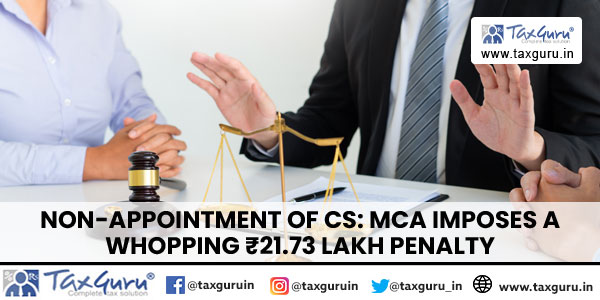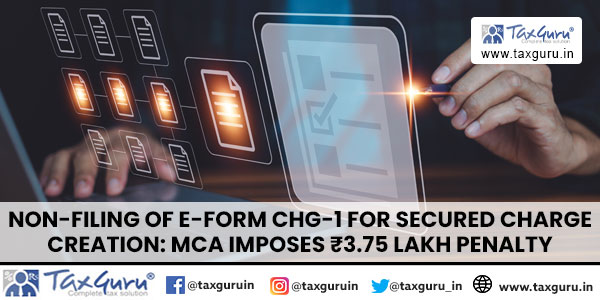We see many big business houses run by second or third generation families with different ideologies or intending to diversify their businesses. Occasionally, it leads to separation of business and to family disputes. While most settle the issues amongst themselves, some families drag them to court. Apart from an expensive and mind-numbing process, the courts usually do not offer an adequate solution. Hence, many families opt for settlement via family arrangement.
In a typical family arrangement, families may mutually divide the properties, appoint a well-wisher or an arbitrator(s). Pursuant to the agreement, the arbitrator provides an arbitration award that determines the quantum and manner of transfer of properties between families.
Compared to a court settlement, the path of arbitration is a time-bound process. The practical division of property and taxes can complicate matters. Many issues arise from tax perspectives (for both transferor and transferee), which need to be addressed, pursuant to a family arrangement.
Section 47 of the Income Tax Act, 1961 (ITA) provides exemption from payment of capital gains tax on any distribution of capital assets on the total or partial partition of a Hindu undivided family, or any transfer of a capital asset under a gift or will or an irrevocable trust. However, currently, there is no codified law in place to address family arrangement. In the past, courts have laid down certain guidelines/ principles that address the taxability of family arrangements.
The courts have upheld that transfer of assets pursuant to a family arrangement ought not to be treated as “transfer,” and hence, ought not to be subjected to capital gains. In doing so, the courts have laid out certain principles of family arrangement as follows:
- Members of the family arrangement must have some antecedent title, claim or interest or even possible claim in the property, which is acknowledged by the parties to the settlement.
- Family arrangement is entered to maintain peace or bring harmony in the family;
- Family arrangement is entered owing to existing disputes, or differences, or potential disputes or differences between family members in respect of their rights to the properties.
- Family arrangement is entered to protect the family from long drawn litigation or perpetual strife.
- Family arrangement must be bona fide to resolve family disputes and rival claims by a fair and equitable division or allotment of properties between the various members of the family.
- Family arrangement must be voluntary and should not be induced by fraud, coercion or undue influence.
The courts had examined the issue of receipt of assets pursuant to family arrangement in the context of capital gains (i.e., for transferor). However, now one would also need to examine the provisions that seek to tax a recipient on receipt of certain property such as shares, securities, jewellery, arts, etc.
The provisions of section 56 of the ITA seek to tax the receipt of specified assets for inadequate or without consideration in the hands of recipient. As there is no codified law on family arrangement, frequent questions arise about the taxability on transfer of capital assets pursuant to family arrangement in the hands of the transferor under section 45 of the ITA, taxability on receipt of such assets under section 56 of ITA in the hands of the recipient and the cost of the asset and its period of holding in the hands of the recipient.
Based on the fundamental proposition that receipt under family arrangement is not without consideration, it may be possible to argue that there may not be any implications under section 56 of the ITA in the hands of the recipient. There is not much jurisprudence on section 56 vis-à-vis family arrangement, although the basic argument remains the same.
It is possible that the joint assets are not capable of division or division could be value destructive, in which it is quite common to realign wealth through cash/ fund transfer. Judicial precedents have held that where one group received immovable property and the other group received cash, the cash received should be considered as Owelty, which is equivalent to the receipt of immovable property. Therefore, the receipt of cash by the other group is not liable to tax. As the distribution of capital assets or receipt of cash consideration pursuant to family arrangement is not regarded as transfer, the provisions of section 45 of the ITA ought not to be applicable.
As per the provisions of the ITA and based on judicial precedents, costs of the previous owner and the period of holding is available to the recipient in case of transfer of capital assets in certain situations such as gift, total or partial partition of HUF, will, etc.
In the absence of specific sections and based on few judicial precedents, view can be taken that the cost and period of holding of capital asset by the transferor may be available in the hands of the transferee in case of receipt of assets pursuant to family arrangement.
One of the most frequent and litigated issues is when shares are held by one Group Company in another Group Company (cross-holding) and the shares of such companies are under dispute in a family arrangement. The transfer of shares between the group companies may or may not be a part of the family arrangement, as the companies have distinct legal existence separate from family members and may have tax implications.
Many judicial precedents discharge the parties to the family arrangement from a probable tax liability; however, they are on a case-to-case basis. While family arrangement is just a realignment of pre-existing rights of the family members, such matters could still go into litigation, as there is no specific exemption in the ITA. Thus, capturing the core aspects of family arrangement in relevant documents such as the settlement deed becomes essential.
 Authors: Rekha Bagry, Partner, M&A Tax PwC India and Manjit Bhimajiani, Associate Director, M&A Tax PwC India
Authors: Rekha Bagry, Partner, M&A Tax PwC India and Manjit Bhimajiani, Associate Director, M&A Tax PwC India
Views expressed are personal to the author and the article contains inputs from Manjit Bhimajiani, Associate Director, M&A Tax, PwC India, Pradeep Sethia, Assistant Manager, M&A Tax, PwC India and Nihal Rajendran, Associate, M&A Tax, PwC India


























